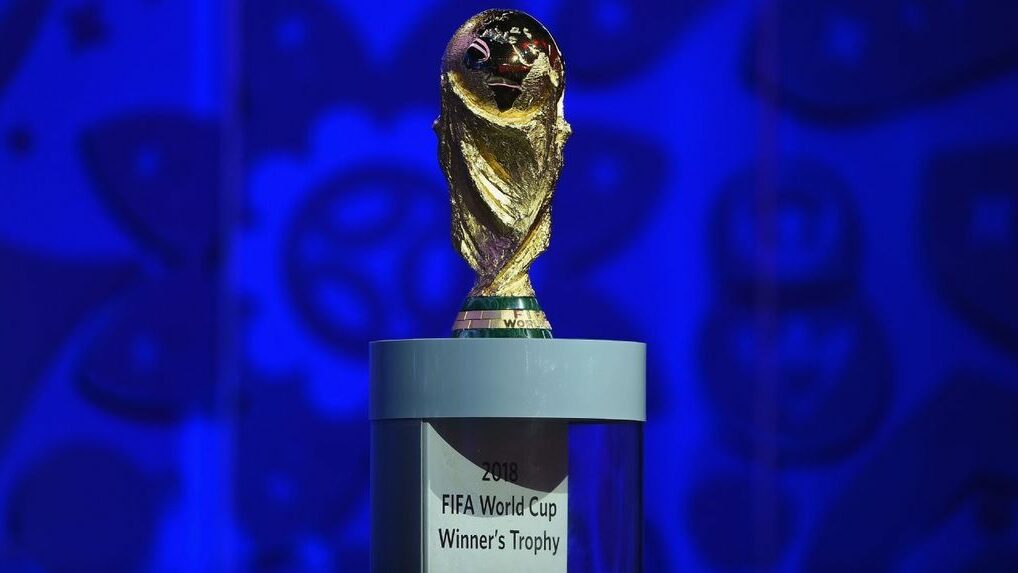The 2026 FIFA World Cup will be coming to North America in four years and the host cities for the prestigious tournament were announced on Thursday.
Los Angeles, New York/New Jersey, and Mexico City headlined the host cities chosen for involvement at the World Cup, which will take place in the United States, Mexico, and Canada. It will be the first World Cup to be staged across three countries and will be the first edition with the expanded field of 48 teams.
A total of 16 host cities were chosen out of 22 candidates on Thursday, with several repeating as host sites from their involvement in past World Cups. Vancouver and Toronto will host World Cup matches for the first time.
Several high-profile stadiums will have World Cup matches, including Estadio Azteca, which has hosted two World Cup finals (1970 and 1986). Many of the newer NFL stadiums will also play host to matches including SoFi Stadium (Los Angeles), AT&T Stadium (Dallas), and Hard Rock Stadium (Miami).
Among the more notable cities not selected were Washington D.C. and Denver.
The 80-match schedule will be released at a later date, which will include the host venue for the World Cup Final.
Here is a full list of the host cities:
Western Region: Vancouver, Seattle, San Francisco/Bay Area, Los Angeles, Guadalajara.
Central Region: Kansas City, Dallas, Atlanta, Houston, Mexico City, Monterrey.
Eastern Region: Toronto, Boston, Philadelphia, Miami, New York/New Jersey.


The 1994 WC had two issues in my opinion that negatively impacted the quality of play. (1) it was a hot summer and the only indoor games I believe were in Pontiac MI, which wasn’t air conditioned with cool air—at least the game I went to was a sweat box. (2) Ridiculous travel. The USA, for example, played group games in Pontiac and then Pasadena. Time zones and distance combined with heat and humidity combined to make for a lot of tired teams. The final was probably the worst, most dour ever as two tired and exhausted teams played to a 0-0 draw ( the only memorable thing about the game was Baggio skying one over the bar in PKs.) game times were often mid day in order to catch the Euro TV market making the temperatures higher and the games slower. Let’s hope there’s an effort to play the day games in as many indoor stadiums as possible and not require the groups to travel thousands of miles and span multiple time zones. The heat and travel negatively impacted the quality of play.
The Cup will probably be played on a similar schedule to the 2014 edition in Brazil. That one seemed to be decent, so I think we’ll be okay…
As like-minded soccer fans, I would have preferred more host cities with moderate summer climates. I understand the need for host cities in Mexico, but open air stadiums like Miami’s don’t make sense for a summer tournament. But overall, quality stadiums in desirable locations, much better than Russia or Qatar.
Not many surprises. There are a lot of hot weather cities on the list and a lot of stadiums with roofs, but I think these are all cities fans will enjoy visiting and every game is going to be packed. Can’t wait to get tickets to any game I can.
Making fans visit Houston at any time is bad. Making them do it in the middle of the summer should be a violation of the Geneva Accords. I know NRG Stadium has a roof and AC, but European fans are probably going to melt on the sidewalk on the way in.